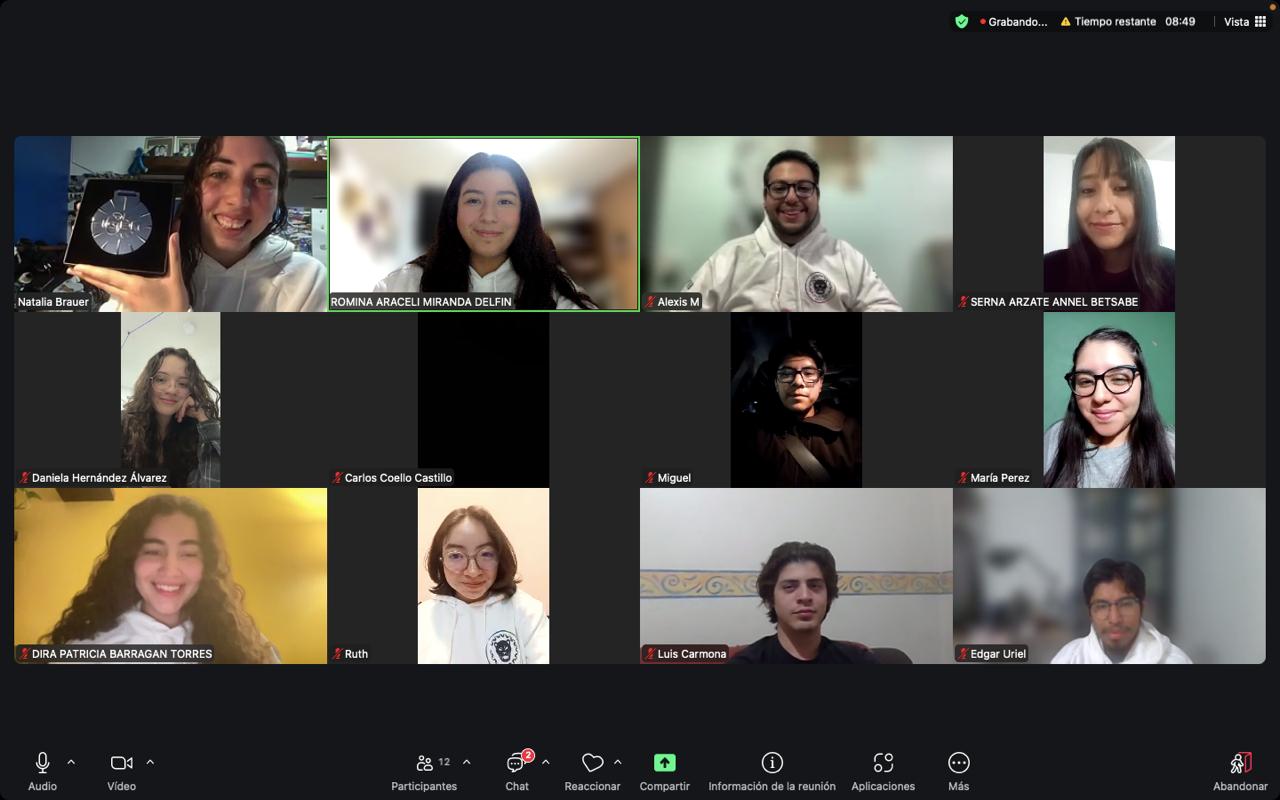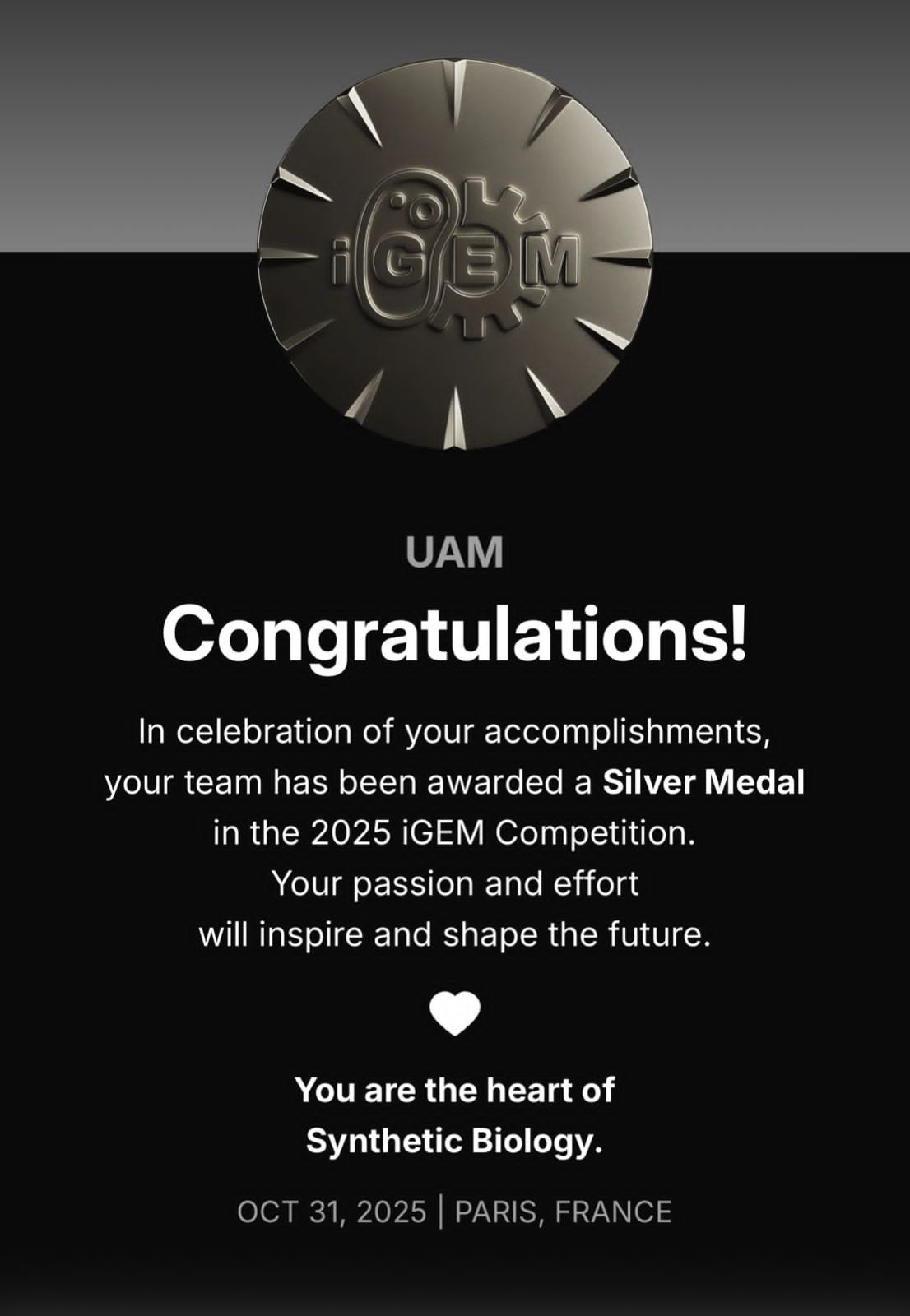Our RSAV project earned the Silver Medal at iGEM 2025.
Thank you to the entire team for making it happen.
Envenomation by venomous animals is a global health concern, with 1.2 million cases reported each year. In Mexico, scorpionism is particularly critical, causing around 300,000 stings and up to 1,400 deaths annually, mostly in children. Conventional antivenoms derived from immunized animals face challenges of cost, stability, accessibility, and limited pharmaceutical investment.
To address this, our project proposes a 3 systems approach. First the development of microbial production systems for optimal recombinant production of recombinant antivenoms, as an alternative to existing animal derived ones. Second, an educational and social systems approach for primordial prevention, to ensure that people have knowledge on how to prevent envenomation, what to do in case of a sting, and how the medication they’ll receive works. Third, an analytics and optimization approach to healthcare and logistics to ensure medical and medicinal attention to the people that need it the most, the marginalized and impoverished parts of Mexico. Our work focused on the construction of an expression vector using the pPICZα backbone under AOX1 promoter control, optimized for planned expression in the protease-deficient Komagataella phaffii strain OPENPichia pep4 yps1. Although experimental validation is pending, our next steps include expression, purification, and functional assays to confirm neutralization capacity.
In parallel, we incorporated a strong social component, conducting surveys and outreach activities to understand community perceptions and raise awareness about scorpionism and biotechnology-based solutions.
We used modeling as a connective tissue between experimental and social work. Our modeling approach included environmental and social factors to determine the best strategies to help at-risk communities and communicate these risks to high level decision makers in a drive to reduce preventable deaths to 0.









